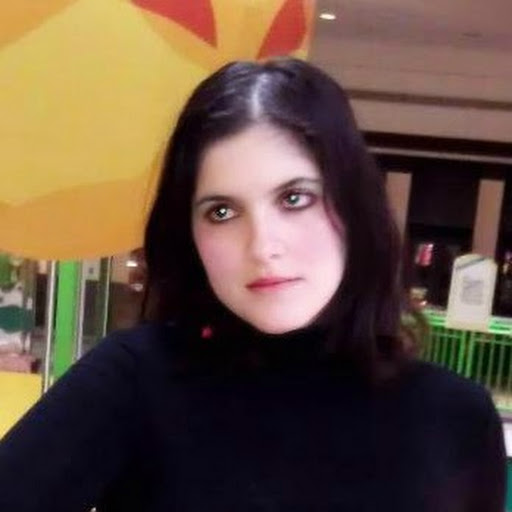Reem Razek must be granted asylum in the US
 Rim Razek writes to the Council of Ex-Muslims of Britain:
Rim Razek writes to the Council of Ex-Muslims of Britain:
I was born in Egypt. I come from a strictly religious background; most members of my family are members of the Muslim Brotherhood. Despite being brought up by parents who tried to censor art, music, and certain books, I was constantly searching for answers and looking for ways to get around the censorship. By the time I was sixteen, I had read numerous books on philosophy and religion and had come to conclusions that led me to leave Islam, conclusions I knew would make me a social outcast once anyone found out about them. After a period of inner conflict, I decided I wasn’t going to let society dictate what I believe or how I should live my life. I resolved to take off my veil and wrote an article called “Mass Hysteria,” saying that the veil is nothing more than a political and misogynistic tool used by Islamists in order to gain power and control while it provides no reflection of piety or morality as advertised. I also compared the freer attitude of Egyptian women in the sixties with the present.
After I published this article and a picture of myself without the hijab, I was thrown in a mental asylum and subjected to electroshock treatments as a punishment; I have recently blogged about for the first time. This was a traumatic experience. After getting out of the asylum and pretending to conform for a while, I returned to being outspoken. I made a video about how indoctrinating children with religious ideologies is child abuse and my friend Kacem Elghazali posted it on his blog atheistica. I took part in my friend Aliaa Elmahdi’s campaign by posting pictures of myself with and without the veil.
In another post, “Male Dominance and Female Submission,” I posted a series of photos that showed the way I had to veil throughout my teenage years and concluded with a photo that represents my emancipation. In that post I wrote, “I screamed under my veil: Equality!! Justice!! Freedom!! My echoes were never heard and my only choice was submission. My thoughts, my feelings, my beliefs had no place in a society which gave women no more rights than cattle, a society that considers women no more than the sum of their hymen plus the length of their headscarves.” Shortly after, I did an interview with an Arabic blog called libvoices.net.
As a result of publishing these articles and pictures, and my support of Aliaa Elmahdy, I received many threats of rape, torture and murder. I was afraid I would be denounced to the police and arrested as an apostate, in which case I would be raped, tortured, and possibly killed in jail. Under the current government, there has been a drastic increase in the number of people being prosecuted for blasphemy and apostasy, and many Egyptian salafis and preachers are calling for the death penalty for apostates.
In February 2012, my father received a research fellowship to the US and brought me and my brother with him. When I arrived here and began living in the dorm, away from my family, I began to feel like I could breathe again. My father’s fellowship ends in June; when he said he expected me to return to Egypt with him, I decided to apply for political asylum. I did so without the help of an attorney by researching the process online. I am not allowed to work for a period of about six months after I file, so I started this crowdfunding appeal to help me cover basic living expenses until I am allowed to work. I would appreciate your support.
Council of Ex-Muslims of Britain fully supports Reem’s right to asylum and protection.
Here’s more information from Reem:
